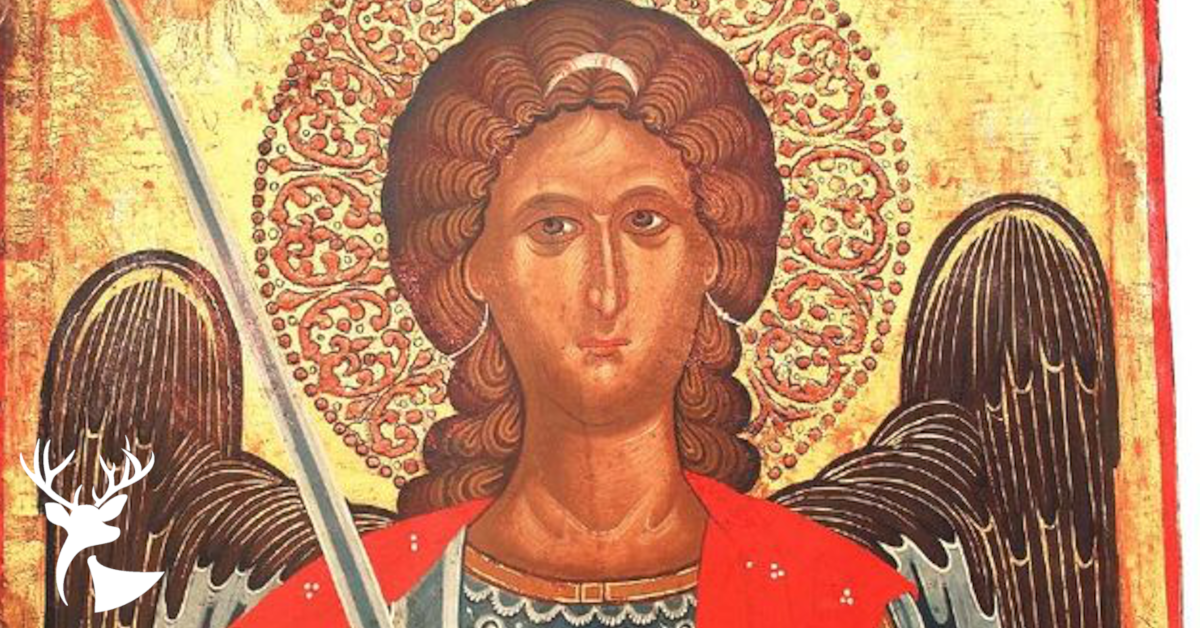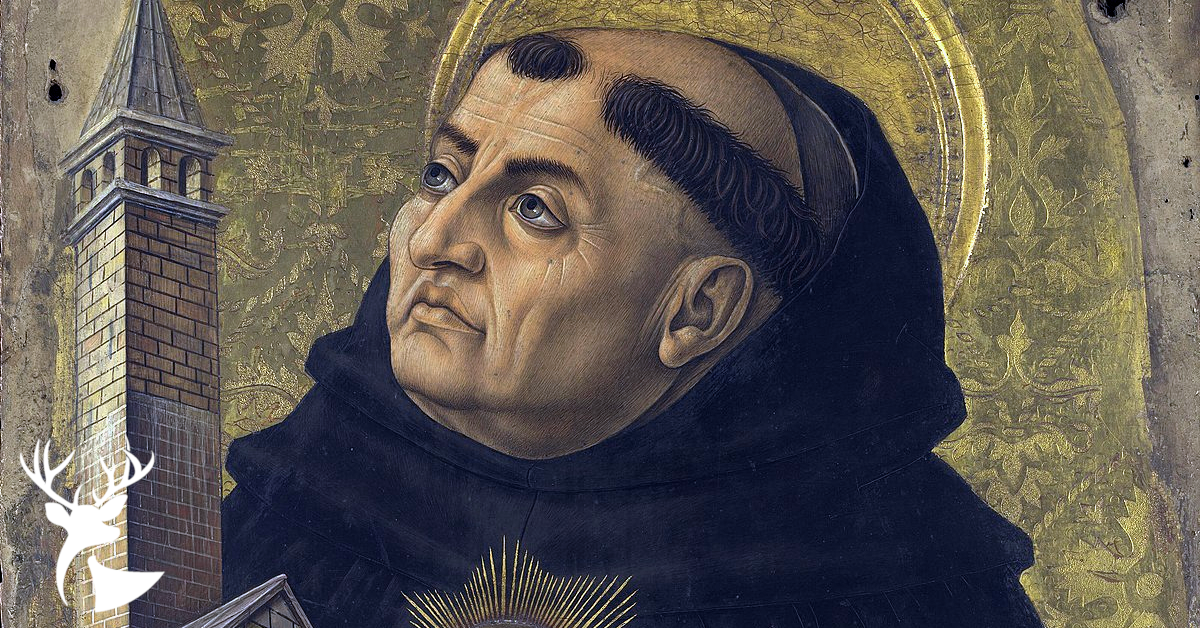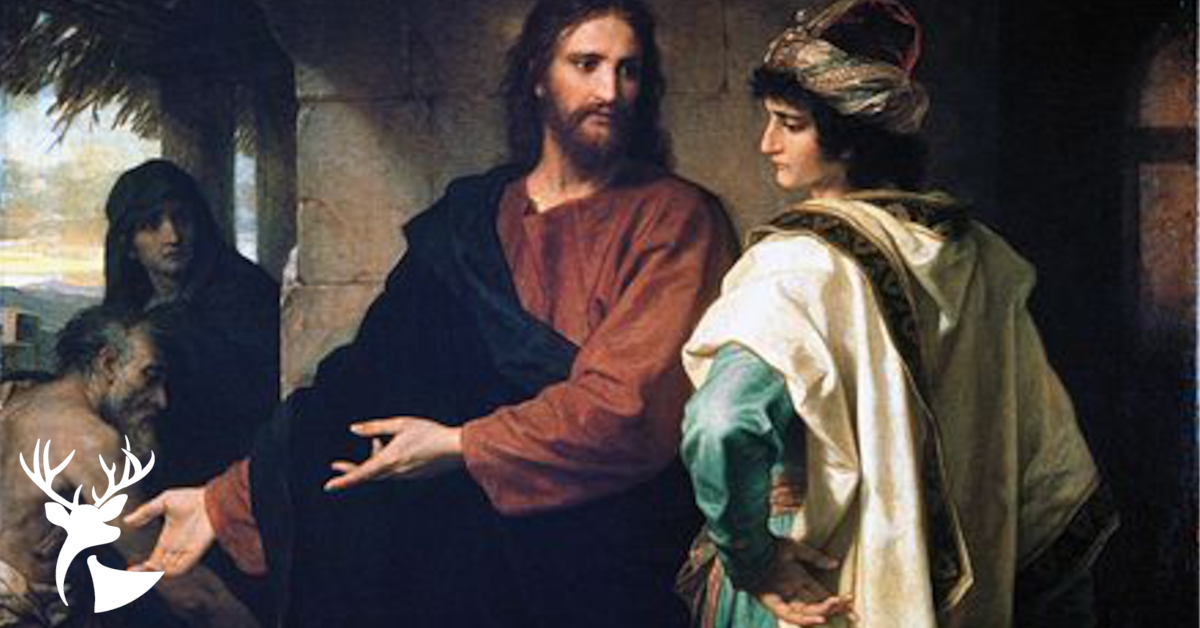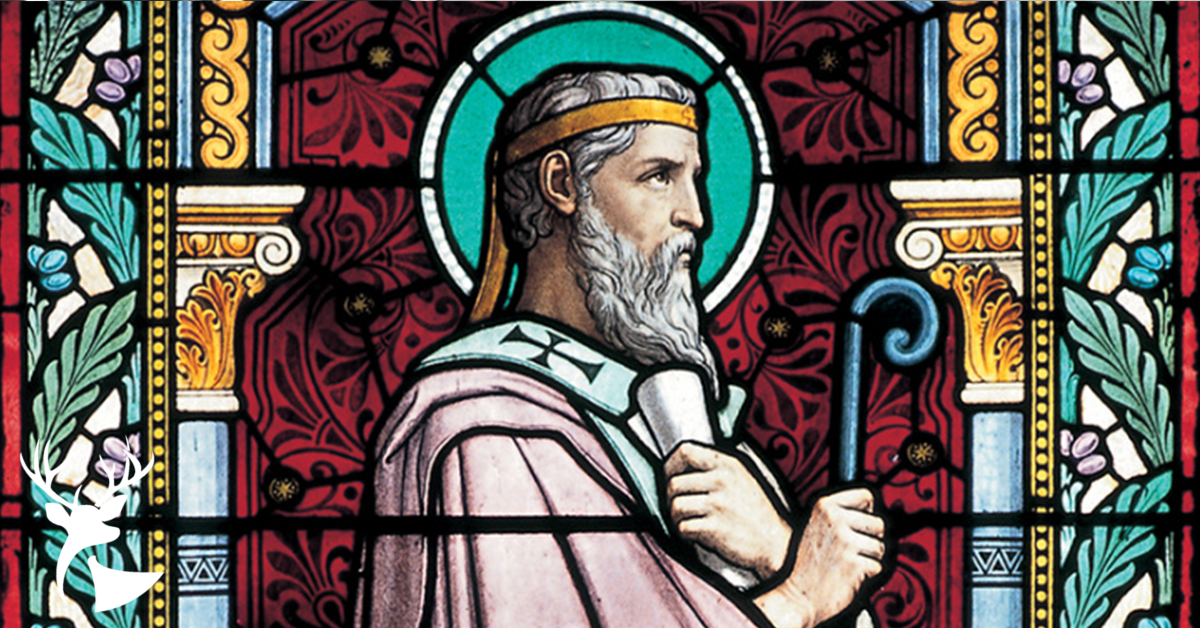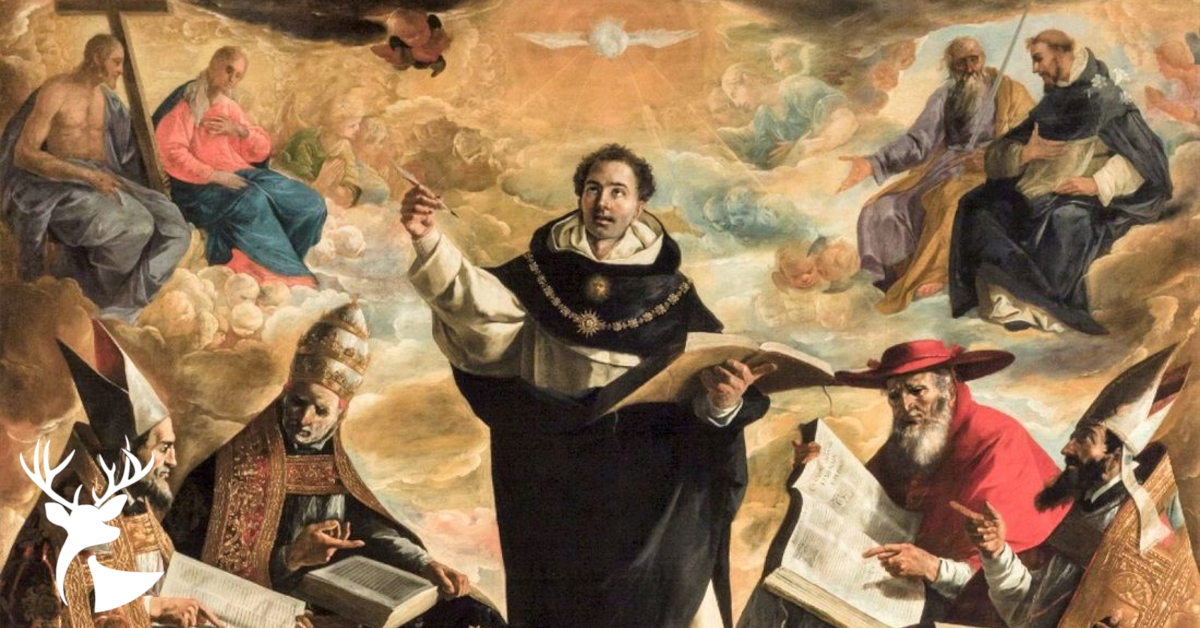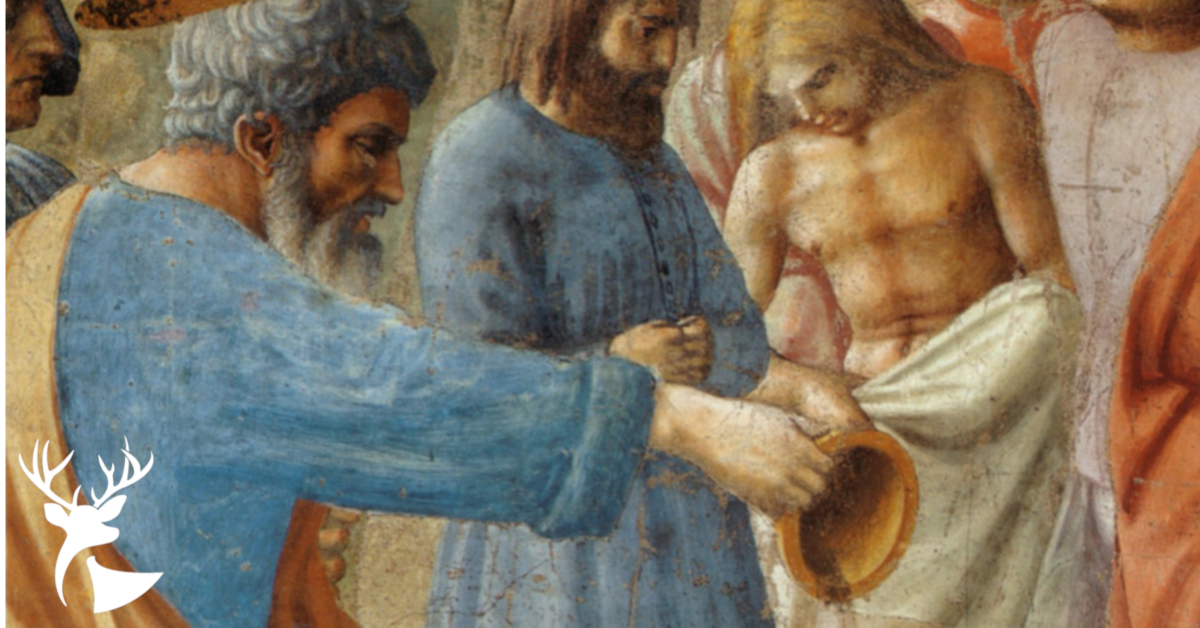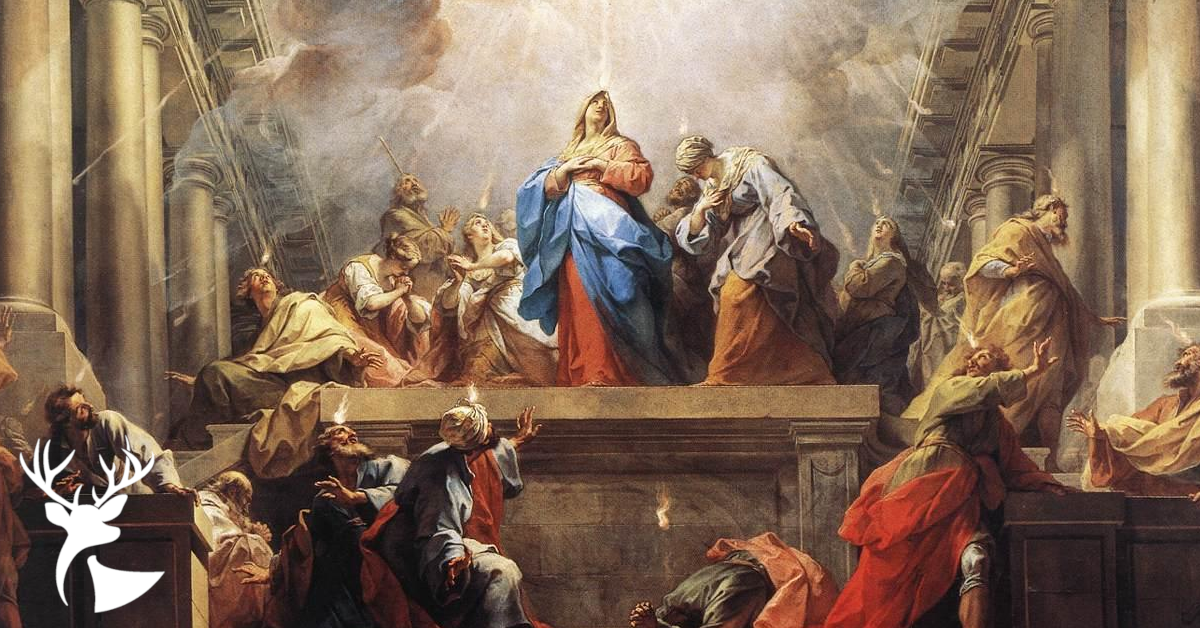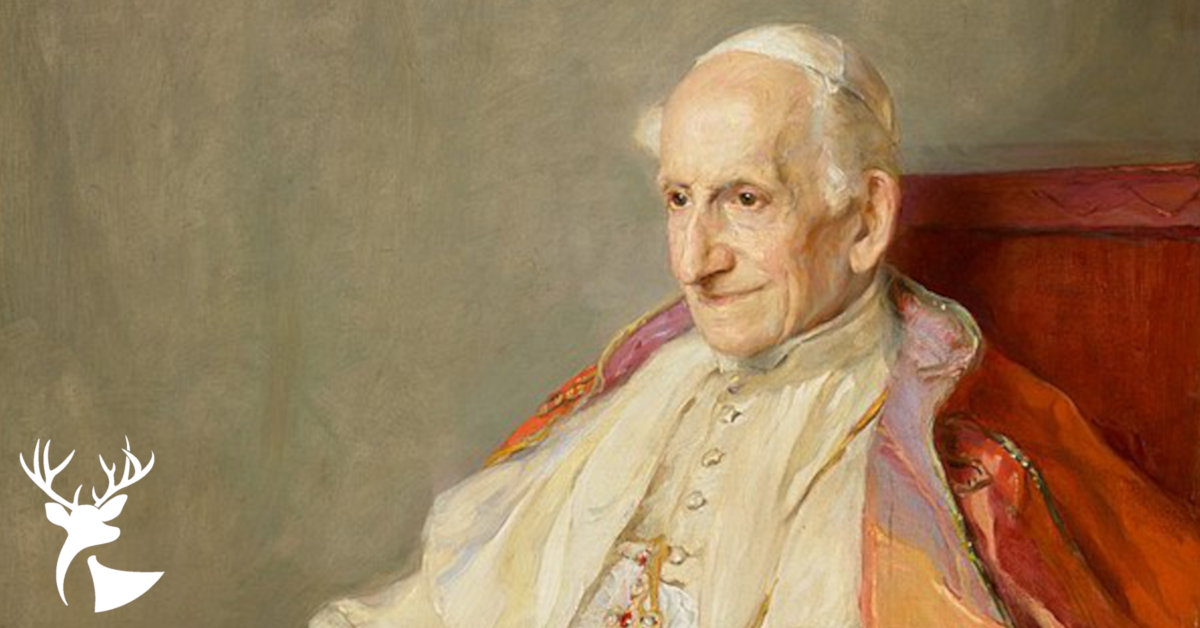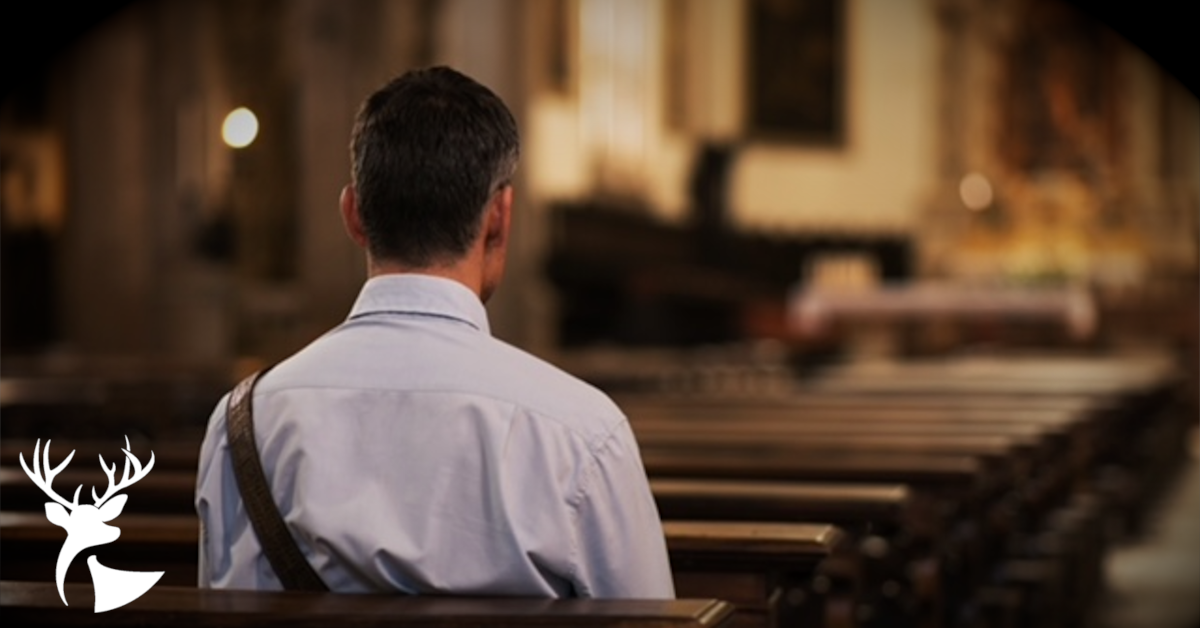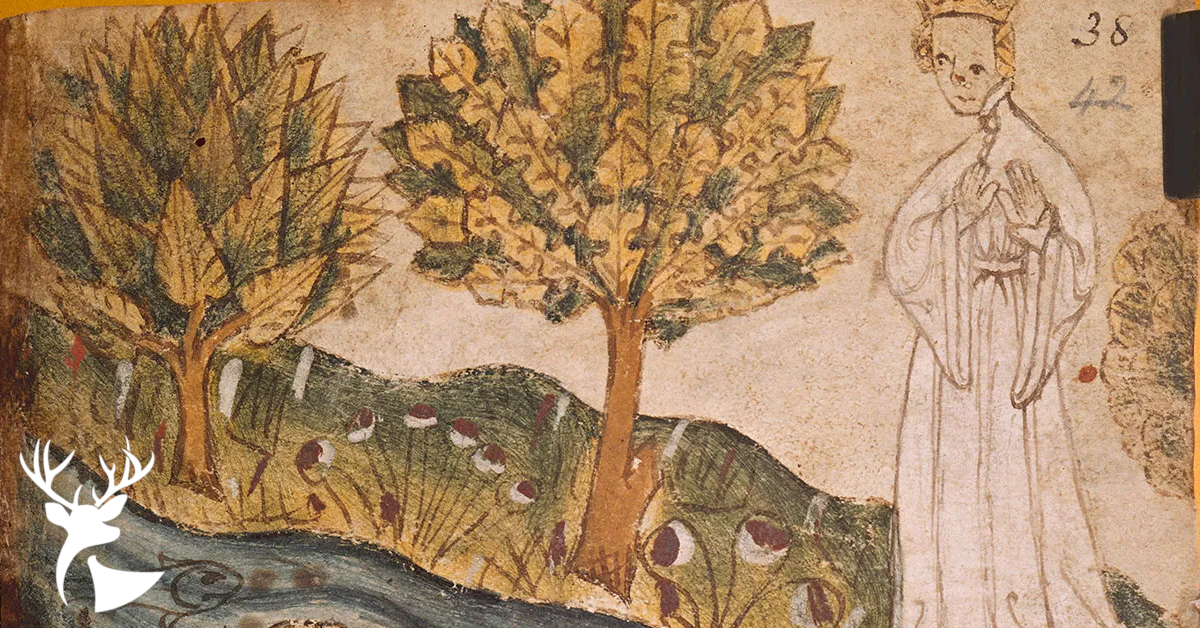
On the Poem the Pearl & Seeking the Higher Good
By Dcn. Harrison Garlick
August 10, 2022
Given on Saturday, July 16, 2022, the 16th Sunday in Ordinary Time (Year C), at the Parish of Christ the King in Tulsa, Oklahoma
← Return to Homilies| WritingsStay Connected!

On the Poem the Pearl & Seeking the Higher Good
By Dcn. Harrison Garlick
August 10, 2022
Given on Saturday, July 16, 2022, the 16th Sunday in Ordinary Time (Year C), at the Parish of Christ the King in Tulsa, Oklahoma
✠ In the name of the Father and of the Son and of the Holy Spirit ✠
We come upon a man who has lost something. A spotless pearl has slipped through his fingers and is now lost in the earth. He grieves and cries. His heart hurts with a cruel pain and a torment churns within his chest (Pearl, no. 2). He lays on the mound in the garden still seeking his pearl—but his pearl will never be found. For the pearl that slipped through his fingers into the earth was his infant daughter, now buried beneath him. He lies on her grave crying out for his perfect pearl, and he drifts into sleep.
Providence provides the father with a vision. The man is transported to a celestial garden with crystal cliffs and jeweled forests (nos. 7-9). He walks until he comes to a river with waves like glass illuminated by light, shining like the stars. On the other side of the river, he observes great heavenly cliffs, and at their base, walking by the river, he sees a beautiful young woman (no.14). She is arrayed like a heavenly queen, a bride of Christ, with glistening robes all adorned with pearls.
The longer the man looks, the more his heart knows that this young woman is somehow his daughter. She is his spotless pearl. Overcome with bliss, his heart expands just to contain the joy. The father cries out to his lost daughter.
Yet, the heavenly maiden turns her grey eyes upon her father with a cool and collected spirit. She is reserved and, with a surreal solemnity, gently reproaches her father for what she calls “madness” (no. 23). The anticipated reunion of father and daughter gives way to daughter, now a heavenly saint, expressing her concerns for him. Why does he grieve for her when she is safe in heaven—but he is still in the struggles of life? Why does he seek her in heaven and not God? The jarring nature of their reunion is, at its heart, a clash of earthly expectations against divine ones. What follows is a beautiful dialogue between father and daughter about the nature of true happiness and what her father must do to secure it.
In a preliminary manner, the jarring character of the father’s reunion with the daughter is reflected in the meeting of Jesus, Mary, and Martha. Mary, the sister of Lazarus, lies at the feet of Jesus listening to Him, while Martha flitters around the house serving her guests. When Martha asks our Lord for Martha to help, it is somewhat contrary to our expectations to hear Christ decline and side with Mary. Is it not good for Martha to serve her guests?
Often, we reduce the moral life to avoiding evil and choosing the good. And while this is arguably the most basic moral precept, much of life is actually choosing between different goods.
It was good that the father loved his daughter, just as it was good Martha wanted to serve her guests. In both cases, however, the father and Martha had to learn to choose a higher good over a lesser good. It was good the father loved his daughter, but it was better for him to love God. It was good Martha wanted to serve others, but it was better for her to be at the feet of Jesus.
A key insight here, however, is that seeking the higher good does not exclude the lower. In fact, the higher will always perfect the lower. If the father loves God first, then he will love his daughter with a more perfect love. If Martha chooses to sit at the feet of Jesus, then it will ultimately perfect her service to others.
At the end of the Pearl, an anonymous 1300s poem, the daughter, that queenly, heavenly virgin, a true spotless pearl, shows her father that true happiness is in God. He then sees the Lamb, standing victorious yet slain, and the father is so overcome with zeal to be with God that he attempts to cross the river.
He awakes from his dream on the grave of his daughter. He still must live his earthly pilgrimage. He must seek the true Pearl, Jesus Christ, and order all other goods to this end.
✠ In the name of the Father and of the Son and of the Holy Spirit ✠
More Reading

Dcn. Harrison Garlick serves as a Great Books Tutor for the Alcuin Institute, and is the Chancellor of the Diocese of Tulsa.


